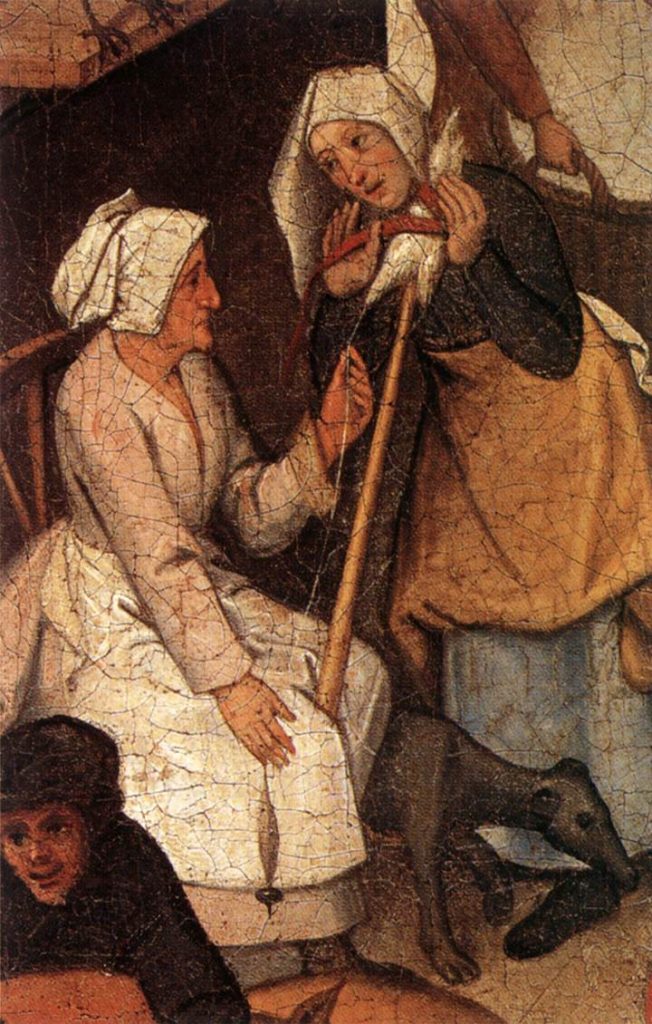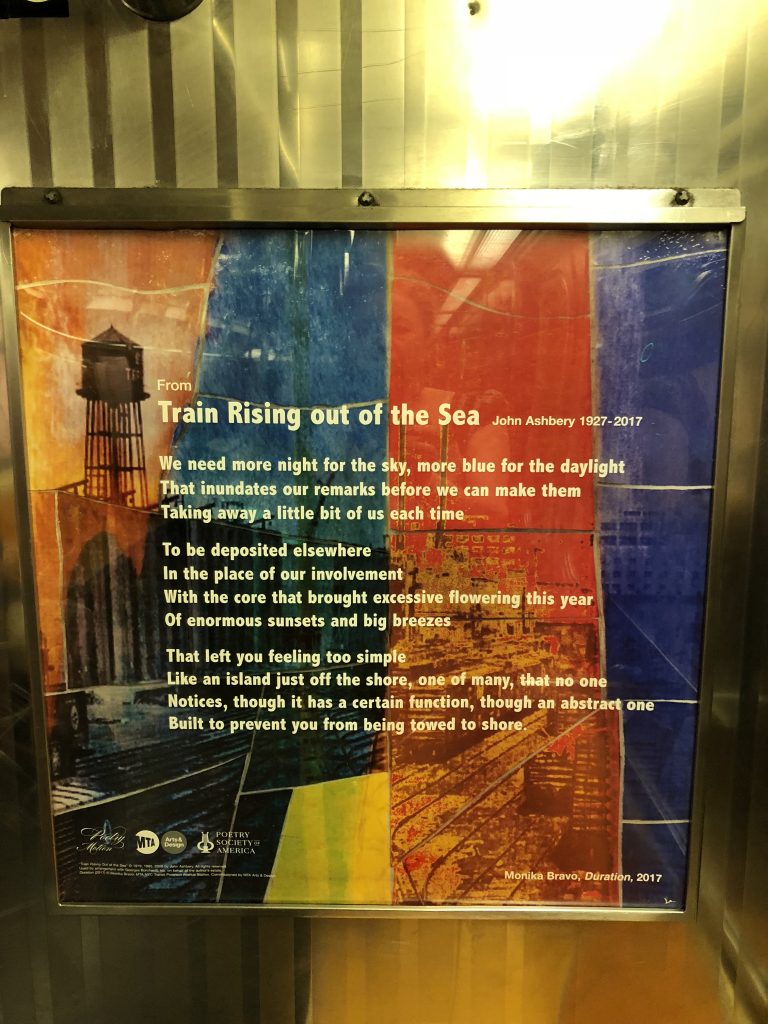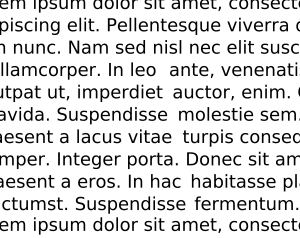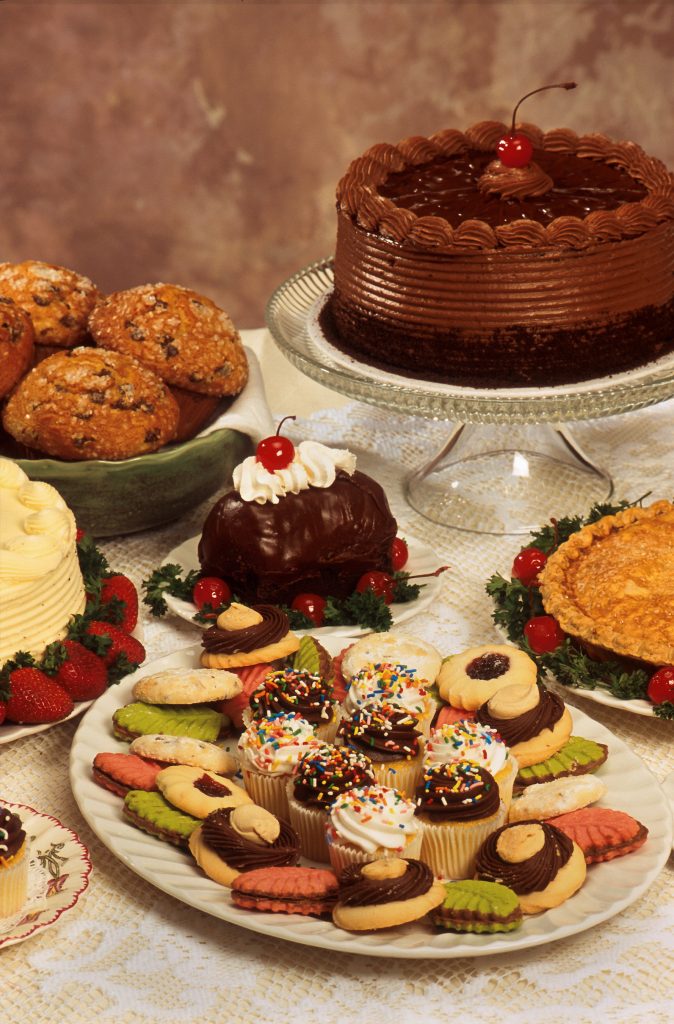“The stats prove it: England are favourites to win the World Cup!” So proclaimed today’s headline from Wired. But is “England are” correct English usage? Continue reading
Author Archives: Louise
Gossip

“One winds on the distaff what the other spins” (Both spread gossip) by Pieter Bruegel the Elder / Wikimedia Commons
According to Ben Healy writing recently in The Atlantic, there might be evidence to suggest that gossip is healthy and good for us. Really? To my mind there’s a slightly onomatopoeic quality to the word itself, with the hiss of a whisper at its center and the heavy thud of its first syllable both implying that surely nothing good can come of it. Have you ever stopped to wonder where the slightly strange word comes from? Continue reading
Nepotism — and Bob’s your uncle!
Do you know where the word nepotism comes from?
A good wallop
If you’ve ever been to the opera at Glyndebourne, deep in England’s green and pretty Sussex countryside, you might have eaten in Middle & Over Wallop or Nether Wallop. If you’re like me, the names of those distinctive dining rooms might conjure up images of saucy spankings, or at least a punch below the belt, perhaps somewhere in England’s green and pleasant lands. But we might be wrong in thinking there was any sort of thrashing going on in the history of these eatery names. Continue reading
Poetry in Motion: “Train Rising out of the Sea” by John Ashbery
“GIGO”
My friend Loretta and I were recently discussing a movie we’d just seen. Struggling to find a way to describe and explain the main character’s gloomy revolving door of unsuitable lovers and why Isabelle was unable to find herself a lasting, fulfilling relationship, Loretta shrugged her shoulders and raised her palms to the ceiling: “I guess it’s a case of GIGO. … Continue reading
One space or two with your full stop?
Update, 6 May: the Washington Post has recently weighed in on this decades-long debate. Are you a single-spacer or a doubler? (The post that follows was originally published in August 2011).
During the process of editing (or “izing”, as we call it at 21C) a recent press release, we were asked by an impressively detail-oriented client to clean up a certain inconsistency in the document: there was a mixture of single spaces and double spaces after the periods (or full-stops, as some of us know them) at the end of sentences. The client had no particular preference for one space or two, but they rightly wanted a choice to be made – a rule to be followed – to maintain consistency.
Who would have thought that the question of this tiny little space – barely wider than a fat ant’s body – would inspire such discussion, disagreement and general excitement amongst my colleagues at 21C? Could it be because our usage of spaces after sentence-ending periods can actually date us? Continue reading
Ha-ha
Ha-ha. I’ve just found out the meaning of this old English noun, after reading it in a book written in 1953.
In the news: Just deserts – a sweet gaffe?
I guess we all learned something new yesterday, thanks to a certain headline … Continue reading










